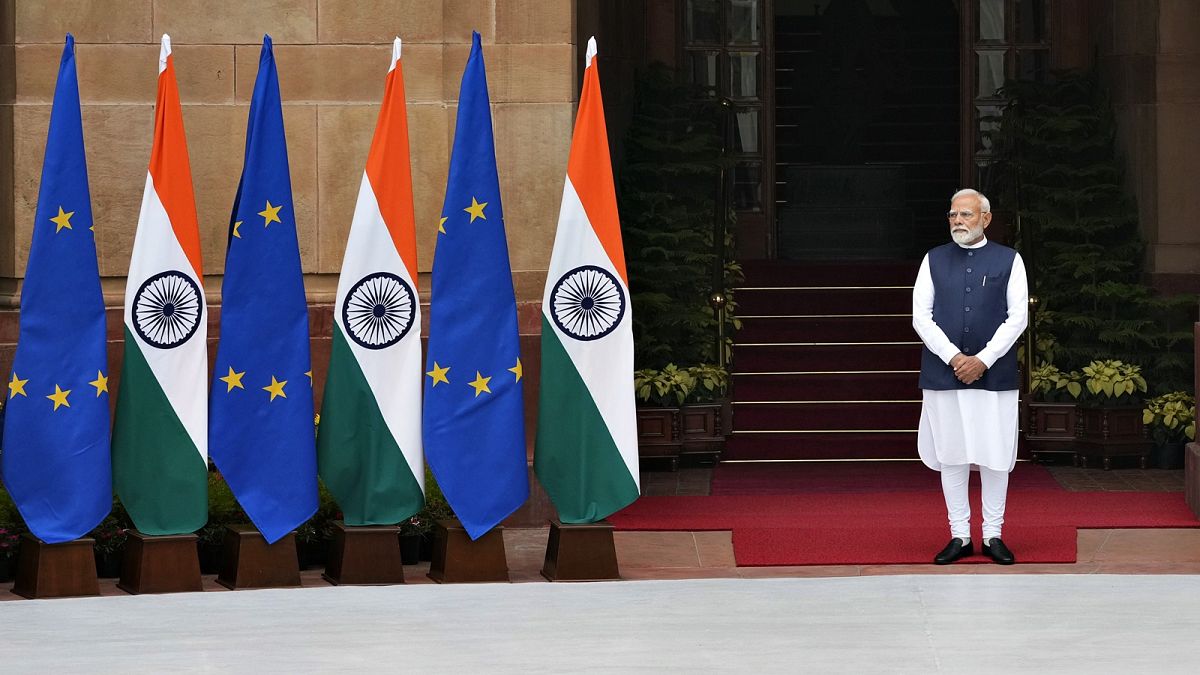

In recent developments on the global stage, the European Union is taking significant steps in reinforcing its international relations, and peacekeeping initiatives are steadily progressing in regions of longstanding conflict. These developments highlight a dynamic shift in international collaborations and efforts towards stability, with diplomacy emerging as a cornerstone for addressing geopolitical challenges.
One of the notable shifts is the European Union’s endeavor to deepen ties with India. As relations between New Delhi and Washington experience a cooling period, the EU is seizing the opportunity to strengthen economic and strategic connections with India. This mutual interest aligns with the EU’s broader strategy of diversifying partnerships and reinforcing a rules-based global order. Through trade agreements, investment in technology, and collaborative initiatives addressing climate change, both the EU and India aim to foster a partnership built on shared interests and mutual respect.
Simultaneously, the EU is engaging with the United States on matters of global security. A delegation from Brussels has recently arrived in Washington, with the primary focus of preparing joint sanctions against Russia. This initiative seeks to exert additional pressure on Moscow amidst ongoing tensions related to the Ukraine situation. The transatlantic dialogue reflects the continued commitment of both the EU and the US to uphold sovereignty and deter aggression, employing economic measures as a form of diplomacy aimed at stability and peaceful resolution.
Further south in Gaza, international discussions are unfolding toward a constructive plan for reconstruction and peace. The United States and the United Nations are in talks to outline a framework that could prevent discord at the upcoming UN General Assembly. Central to these discussions is a proposed plan for Gaza, which includes the establishment of a technocratic government for one year, the potential involvement of an international stabilization force, and initiatives toward disarmament. The plan expressly opposes any mass deportation of Palestinians, emphasizing a humanity-centered approach to peace.
This conversation is particularly poignant as several nations, including the UK, France, Canada, Belgium, and Malta, signal their intent to recognize the state of Palestine during a conference set to coincide with the annual assembly. This recognition is seen as an important step toward affirming international support for a two-state solution, aimed at fostering long-term peace and stability in the region.
As these diplomatic activities unfold, they underscore a profound commitment to multinational cooperation and conflict resolution. Through reinforcing ties and collaborative efforts, regions fraught with historical tensions are witnessing renewed hope for constructive engagement and lasting peace. In essence, the agility and mindfulness demonstrated by these countries illustrate the potential of diplomacy to not only heal divisions but also to construct bridges towards a more harmonious international community.
Source: {link}
